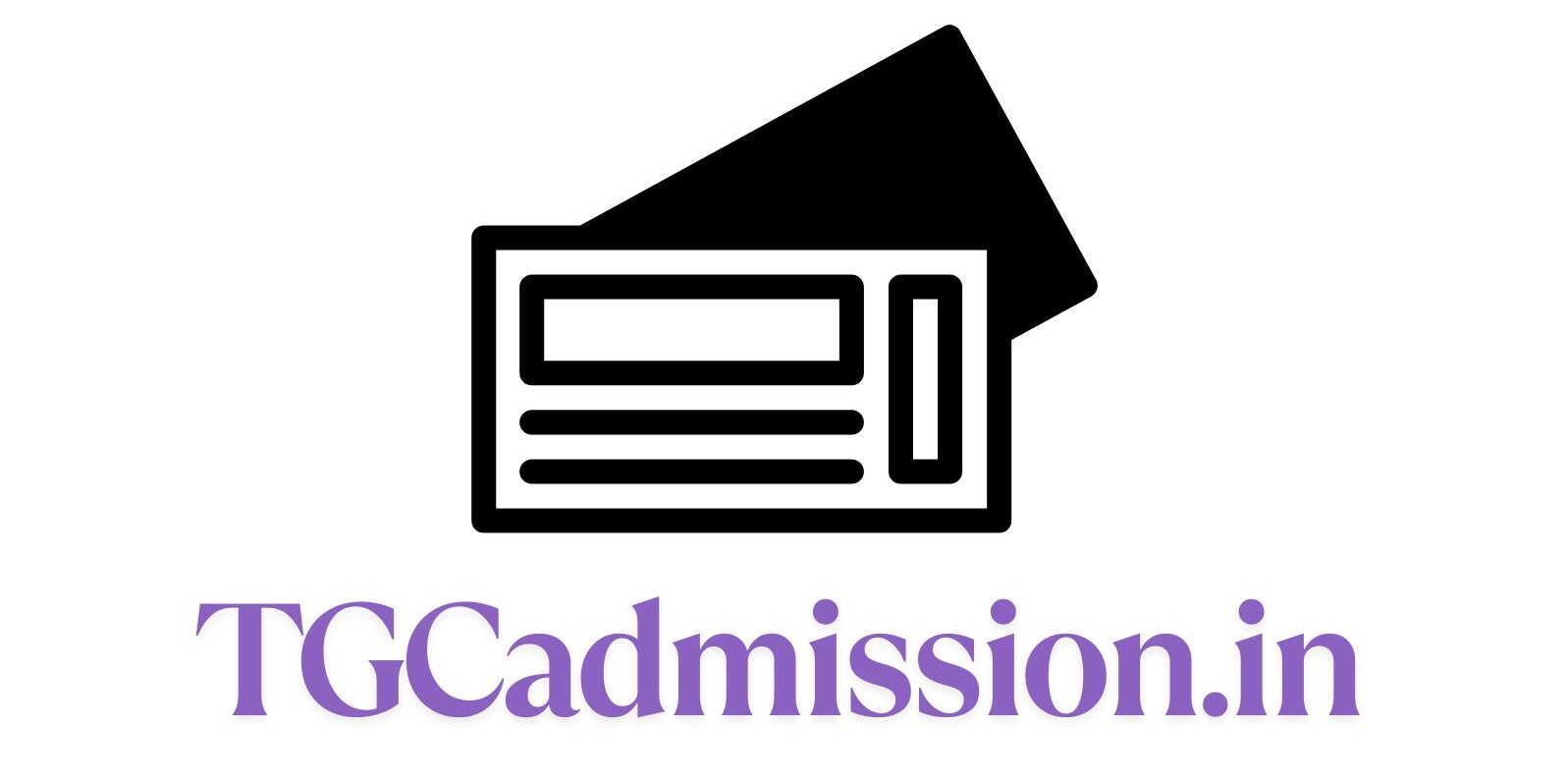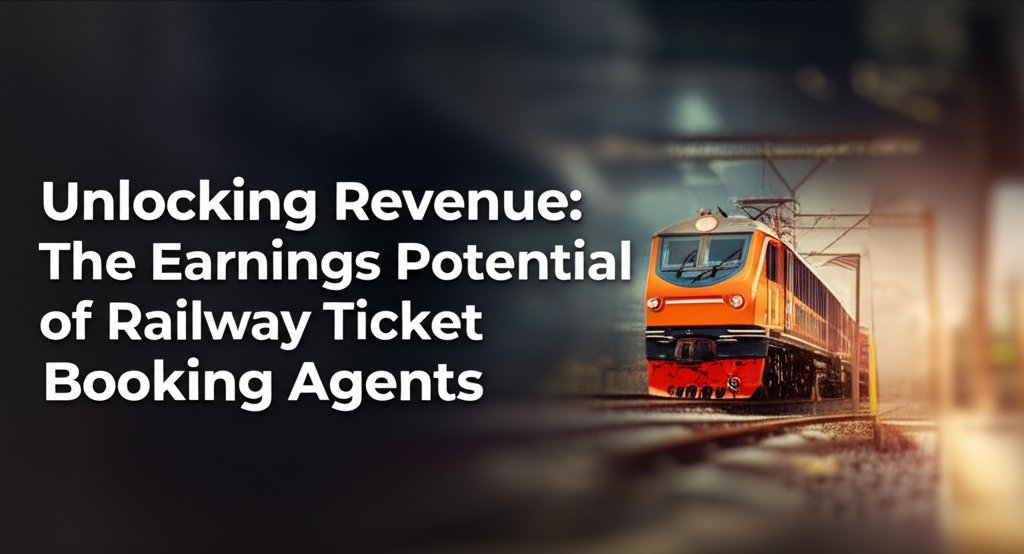Introduction
The advancement of technology and changes in consumer behavior have transformed various sectors, and the railway ticket booking industry is no exception. With the increasing demand for rail travel, railway ticket booking agents have emerged as pivotal players in this ecosystem. This article explores the earnings potential of railway ticket booking agents, delving into the mechanics of their operations, market dynamics, revenue models, and the challenges they face.
The Landscape of Railway Ticket Booking
The Role of Railway Ticket Booking Agents
Railway ticket booking agents act as intermediaries between the railways and the consumers. They facilitate the purchasing process, making it easier for travelers to book train tickets without going through the often lengthy process of using official railway websites or visiting train stations. Their services extend to providing information about schedules, fares, and routes, thereby enhancing the overall customer experience.
Market Dynamics
The railway travel industry has seen a resurgence in recent years, driven largely by environmental concerns and the need for efficient public transportation. With government investments in rail infrastructure and technology, rail travel has become more appealing. This momentum translates into higher demand for railway ticket booking agents as travelers seek convenience and expertise in navigating the complexities of train bookings.
Revenue Models of Railway Ticket Booking Agents
Commission-Based Earnings
One of the primary revenue models for railway ticket booking agents is commission-based earnings. Agents earn a percentage of the ticket price for every booking made through their platform. The exact commission rate can vary based on contractual agreements with railway authorities. Typically, this ranges from 5% to 15%, depending on the booking volume and services offered.
Example Calculation
- Average Ticket Price: $50
- Commission Rate: 10%
- Earnings per Ticket: $5
If an agent books 100 tickets in a month, their earnings from commissions alone would be:
[
\text{Earnings} = \text{Number of Tickets} \times \text{Earnings per Ticket} = 100 \times 5 = \$500
]
This foundational revenue stream can scale significantly with increased bookings.
Service Fees
Many railway ticket booking agents also charge service fees for their convenience, expertise, and additional services. This may include:
- Convenience Fees: Charged for the ease of booking and avoiding the hassles associated with direct bookings.
- Cancellation Fees: Implemented when a traveler cancels a ticket.
- Modifications: Fees for changing a booking date or time.
These fees can be either fixed or variable, depending on the service level provided.
Subscription Models and Premium Services
In some cases, railway ticket booking agents offer premium services that guarantee faster and easier bookings. For example, membership or subscription models may be charged monthly or yearly, providing users with discounts and priority service.
Businesses can also offer tailored services for corporate clients, ensuring better rates and more flexible cancellation policies, thus increasing their revenue potential.
Market Segmentation
Individual Travelers
Individual travelers looking for hassle-free booking options make up a significant portion of the ticket booking market. Agents focus on providing tailored solutions for vacationists, commuters, and occasional travelers.
Corporate Clients
Corporate clients often require bulk ticket sales for employee travel, and agents may negotiate special rates, further boosting their revenue. agents can create corporate accounts that offer loyalty rewards and tailored services.
Travel Agencies
Partnerships with travel agencies can create a mutually beneficial relationship. Agents can earn commissions on bookings made through agencies, thus diversifying their revenue streams.
Geographic Markets
Emerging Markets vs. Developed Markets
Revenue potential for railway ticket booking agents can differ significantly between developed and emerging markets.
- Emerging Markets: Increasing urbanization, investment in rail infrastructure, and growing demand for affordable transportation options create a ripe environment for ticket booking agents.
- Developed Markets: While the market may be saturated, sophisticated technology and established businesses provide high value-added services, reinforcing premium offerings.
Agents that understand the local market and customer preferences can position themselves effectively in either setting.
Case Studies
Case Study: India
In India, the emergence of online platforms like IRCTC has revolutionized the railway booking system. Independent agents leverage commission rates and additional services to create successful business models. For instance, if an agent successfully books 1000 tickets monthly at an average commission of $2 per ticket, their monthly earnings could reach $2000.
Case Study: Europe
In Europe, established rail systems such as Eurostar and Deutsche Bahn provide agents with commission structures demanding an in-depth understanding of diverse fare systems across countries. Agents need to offer value-added services like seat selection, travel insurance, and special passes to increase their earnings.
Challenges for Railway Ticket Booking Agents
Competition
The railway ticket booking landscape can be highly competitive, with both established players and emerging startups vying for attention. Agents must differentiate their services and foster strong relationships with customers to develop a loyal client base.
Regulatory Changes
Compliance with regulations and policies related to ticket sales can impact profitability. Sudden changes in commission rates or added government fees can hurt earnings, requiring agents to be agile and adaptive.
Technology Adoption
With growing digital transactions, technology adoption is crucial for keeping pace with customer expectations. Booking agents must invest in robust platforms, user-friendly interfaces, and efficient payment gateways to streamline their operations and enhance their service offerings.
Customer Service
A significant part of the ticket booking agents’ success lies in their customer service. Tackling inquiries, resolving issues promptly, and providing personalized services can greatly affect retention rates. Poor service can lead to lost sales and a tarnished reputation.
Strategies to Maximize Earnings Potential
Leveraging Technology
Investing in the latest technology can serve as a game-changer for railway ticket booking agents:
- Implementing advanced booking systems that offer real-time availability and fare comparisons.
- Using artificial intelligence (AI) for chatbot integration to handle inquiries and provide instant support.
- Utilizing customer relationship management (CRM) tools to foster relationships and understand consumer preferences.
Marketing and Branding
Effective marketing can attract more customers and establish a strong brand. Strategies may include:
- SEO and Content Marketing: Creating informative blogs and guides that address common travel concerns.
- Social Media Advertising: Engaging with the audience on social media platforms can generate leads and enhance brand visibility.
- Email Marketing: Regular newsletters offering promotions and travel tips can lead to higher engagement levels.
Networking and Partnerships
Building alliances with other travel service providers can create additional avenues for revenue. Whether partnering with hotels for package deals or collaborating with tourism boards for promotions, these relationships can bolster customer offerings.
Offering Value-added Services
By providing additional services, agents can enhance their value proposition:
- Travel Insurance: Sell travel insurance at the time of booking to capitalize on this additional revenue stream.
- Loyalty Programs: Implementing loyalty programs can encourage repeat bookings and foster stronger customer loyalty.
- Tailored Travel Packages: Create bespoke travel solutions integrating rail travel with local accommodations and tours.
Future Trends in Railway Ticket Booking
Sustainable Travel
Given the increasing concerns around climate change, sustainable travel is becoming more prominent. Railway ticket booking agents will want to adapt their services to support eco-friendly initiatives, providing clients with options that emphasize green travel.
Integration with Alternative Modes of Transport
As cities increasingly work toward integrated transport systems, railway ticket booking agents can offer services that combine rail travel with ridesharing, e-bikes, and public transportation options, creating seamless travel experiences.
Personalization through Data Analytics
With advanced data analytics, agents can better understand consumer behavior, preferences, and booking patterns. This insight enables targeted marketing efforts and personalized service offerings, thus unlocking further revenue potential.
Conclusion
Railway ticket booking agents are at a pivotal point in their industry, poised to tap into significant earnings potential. By understanding their operational landscape, leveraging technology, adapting to market dynamics, and offering value-added services, agents can navigate challenges and seize opportunities for growth. As the rail industry evolves, so too must these agents, continuously enhancing their business models to stay competitive and profitable.
The future of railway ticket booking is bright, and those who proactively adapt to the changing landscape will unlock new avenues for revenue, ensuring sustained growth in an ever-evolving marketplace.

